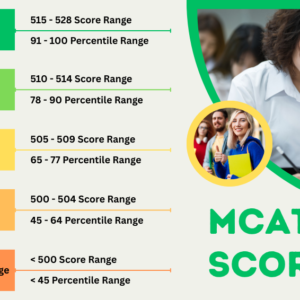The use of universal screeners for early identification of social and emotional learning issues is becoming an integral part of the foundation of a multi-tiered system of support in all educational levels and settings. Schools are increasingly working to create a systematic method of meeting students’ social and emotional needs. Complicated by finite resources and a mass of competing priorities, schools face an urgent need for reliable systems and accurate data to identify barriers and improve student outcomes.
What is SEL?
Social and emotional learning is a critical component of overall K-12 education. Schools that fully incorporate the five core competencies of SEL (self-awareness, self-management, responsible decision-making, social awareness, and relationship skills) show increases in academic performance, student engagement, graduation rates, and college admission rates. More specifically, students have shown a 23% increase in effective social-emotional skills, a 9% improvement in attitudes about school, self, and others, and an 11% gain on math and reading portions of standardized tests. They also are 9% less likely to engage in problem behaviors and 10% less likely to experience emotional distress.
What Are Universal Screeners?
Universal screeners are brief assessments used with all students to identify potential deficits, issues, or barriers. Following screeners, using more in-depth tests can verify the suspected risk levels indicated by the initial assessment. Universal screeners must implement fidelity using data-based tools and techniques to ensure the accuracy of the results. Screeners, for SEL purposes, focus on specific areas of competency such as optimistic thinking, decision-making, personal responsibility, goal-directed behavior, relationship skills, social awareness, self-management, and self-awareness.
Why Do Schools Need a Universal SEL Screener?
Universal SEL screeners serve as an early warning system for many social and emotional issues that may not be evident or for problems that can develop down the road.
Adverse Childhood Experiences
46% of all children in the United States live through a minimum of one adverse childhood experience. These include such issues as alcohol or drug abuse, bullying, death or loss of a close family member, divorce, domestic violence, homelessness, mental or physical abuse, and neglect.
Psychological Disorders
In the United States alone, 20% of adolescents experience severe enough social and emotional problems to meet the Diagnostic and Statistical Manual of Mental Disorders (DSM-5) criteria of having a psychological disorder.
Schools Are Under-Equipped
Less than half of those children with a diagnosable issue receive appropriate behavioral health services. A survey of 10,000 adolescents and their parents indicated that 40% had a diagnosed mental health issue, and only 30% received services, leaving schools in the position to address these looming mental health needs, usually without the resources to provide effective intervention. Most teachers do not receive training in dealing with the mental health needs of their students.
Universal screeners are an appropriate first-level approach to implementing and identifying existing and potential issues in a multi-tier system of support to meet the needs of all students.
Learn more about universal SEL screeners at WPS to assist schools in the early identification and treatment of social and emotional health issues.






